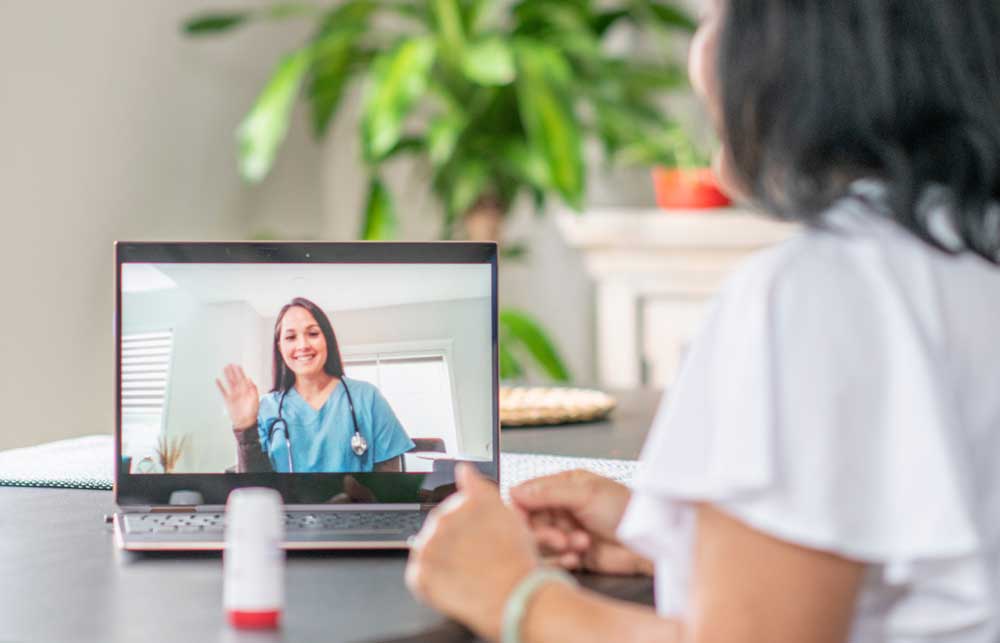Have you ever wondered how some healthcare practices manage to stay so organized and efficient, even when everything seems to be moving at lightning speed? The secret often lies with their remote medical assistants. In this blog post, we’re going to explore everything a remote medical assistant can bring to your business.
Key Benefits of Hiring Remote Medical Assistants:
- Cost-Effective – Save on overhead costs by hiring remotely.
- Access to a Larger Talent Pool – Hire the best talent without geographical limitations.
- Flexible Scheduling – Remote assistants can provide coverage across different time zones.
The Expanding Role of Remote Medical Assistants
Remote medical assistants are the backbone of many medical practices.
Managing Patient Records
Imagine trying to find a single piece of paper in a sea of documents. Sounds stressful, right? That’s why managing patient records is such an essential duty for your virtual medical assistant.
Electronic Health Records (EHR) Management
Remote medical assistants are the gatekeepers of Electronic Health Records (EHR). They update patient information, enter new data, and make sure everything complies with healthcare regulations.
Data Entry and Organization
Accurate data entry is their bread and butter. By meticulously organizing records, remote medical assistants ensure that healthcare providers can quickly retrieve the information they need!
Scheduling Appointments
Think of a remote medical assistant as the ultimate calendar wizard. They juggle appointment schedules with ease, ensuring that the practice’s calendar is always optimized.
Appointment Booking
Remote medical assistants coordinate with healthcare providers to schedule patient appointments. They manage the calendar to avoid conflicts and ensure that each slot is utilized effectively.
Appointment Reminders
To minimize no-shows, they send out reminders to patients. Whether it’s a phone call, text, or email, these reminders help keep the schedule on track and ensure patients don’t miss their appointments.
Handling Patient Inquiries
A remote medical assistant is often the first point of contact for patients, handling their inquiries with professionalism and care.
General Inquiries
Patients have questions, and remote medical assistants have answers. They provide information about office hours, services, and basic medical advice, ensuring patients feel supported and informed.
Follow-Up Questions
After consultations or procedures, patients might have additional questions. Remote medical assistants handle these inquiries, providing the necessary information or connecting patients with healthcare providers.
Assisting with Billing and Insurance
Navigating the world of billing and insurance can be tricky, but remote medical assistants are there to help.
Insurance Verification
Before appointments, they verify patients’ insurance coverage by contacting insurance companies to confirm details. This helps prevent billing issues and ensures that patients receive the care they need without unexpected surprises.
Billing Support
Remote medical assistants prepare invoices, submit claims, and follow up on unpaid bills. Their work ensures that billing processes run smoothly, which is crucial for the financial health of the practice.
Managing Communications
Effective communication is key in healthcare, and remote medical assistants are masters at managing various communication channels.
Phone and Email Management
They handle incoming and outgoing phone calls and emails, answering questions and providing information. Their efficient management keeps everyone connected and informed.
Telehealth Coordination
With telehealth becoming more popular, remote medical assistants play a vital role in setting up virtual appointments. They ensure that both patients and providers have everything they need for a successful consultation.
Supporting Clinical Tasks
Remote medical assistants also lend a hand with clinical tasks, depending on their training and the needs of the practice.
Medical Transcription
They convert voice recordings from healthcare providers into written reports, requiring a good understanding of medical terminology to ensure accuracy.
Preparing Medical Documentation
They prepare and organize medical documentation for procedures, tests, and treatments. This ensures that all necessary documents are ready and available when needed.
Practical Tips for Hiring a Remote Medical Assistant
Here are some tips to help you hire the best candidate:
- Define the Role Clearly – Outline the responsibilities and expectations to find candidates who are a good fit.
- Look for Relevant Experience – Prior experience in healthcare is invaluable. Seek candidates with a background in medical settings.
- Assess Technical Skills – Ensure candidates are comfortable with the technology they’ll use, such as EHR systems and telehealth platforms.
- Prioritize Communication Skills – Strong communication skills are essential.
- Evaluate Organizational Abilities – Organizational skills are critical for managing multiple tasks. Assess candidates’ ability to stay organized and handle a high volume of work.
- Check References – Speak with previous employers to get a sense of the candidate’s work ethic and reliability.
- Consider a Trial Period – A trial period can help you see how the candidate performs before making a permanent hire.
Conclusion: The Backbone of Remote Healthcare Operations
Remote medical assistants are the unsung heroes of modern healthcare, ensuring everything from patient records to appointment scheduling runs smoothly. By understanding their key duties and what to look for when hiring, you can find the perfect addition to your team.




